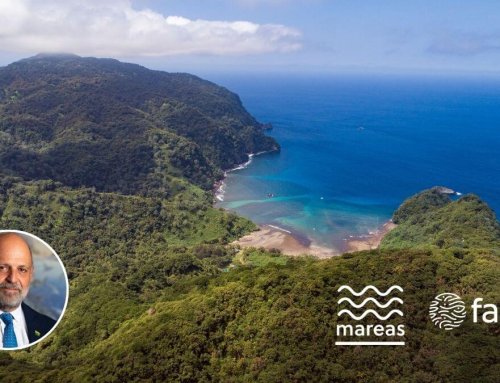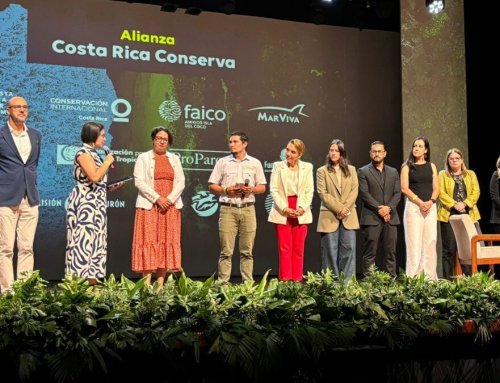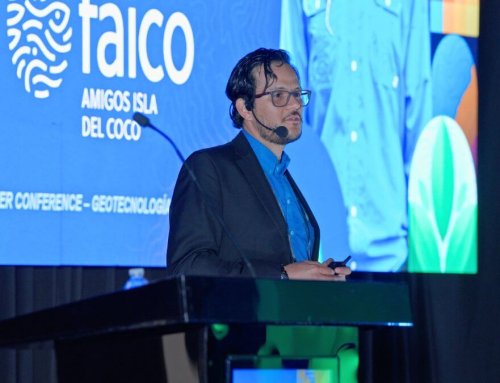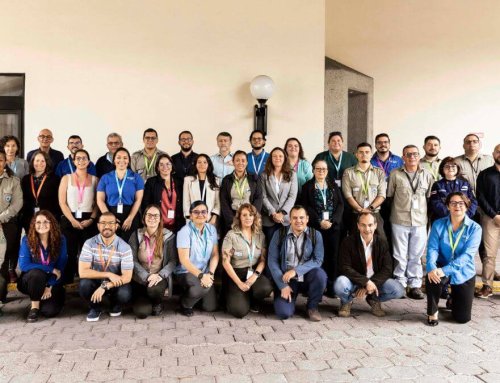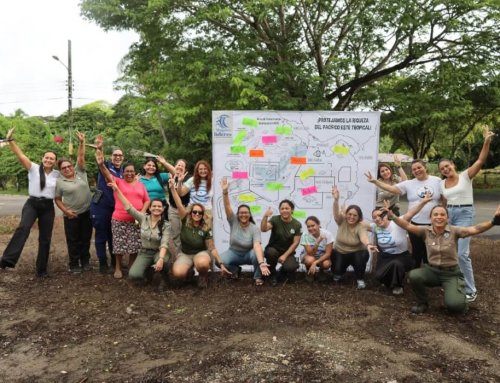-
With the support and accompaniment of Friends of Cocos Island Foundation, the Costa Rican Institute of Fisheries and Aquaculture completed the very important goal of digitizing fisheries data from 2017 to 2023.
In April 2024, the second phase of the project to update the databases of the Landing Inspection Forms (FID) and fishing record books of INCOPESCA was completed. This has enabled the processing of more than 28,000 entries from different coastal areas of the country on the INCOPESCA (SIPEXI) platform.

With a firm commitment to improving the management and conservation of marine resources, the project has managed to digitize exactly 28,550 longline fishing data entries collected between 2017 and 2020. It is important to mention that in addition to this, INCOPESCA has complemented this effort and has been responsible for digitizing the data from 2020 to 2023. These data come from various coastal areas of Costa Rica, including Quepos, Golfito, Limón, Cuajiniquil, Playas del Coco, and Puntarenas. The Director of Fisheries and Aquaculture Management of INCOPESCA, Miguel Durán, expressed his gratitude:
“Thanks to the support of FAICO and the United States Government, we were able to update digitized fishing data. This joint effort strengthens our ability to make informed decisions and promote the sustainability of fisheries in our country”. All this information is crucial and is available for decision-making and for consulting the data indexed by the institution.
The fisheries data digitization project represents a significant milestone in efforts to improve the sustainability and conservation of fisheries in Costa Rica. With this updated and accessible information, INCOPESCA will be able to implement more effective policies and strategies for the sustainable management of marine resources. Additionally, it demonstrates the benefits of leveraging new technologies. The adoption of digital methods allows for greater accuracy and efficiency in data collection and analysis, facilitating faster and more accurate decision-making. It also improves the accessibility and transparency of information, benefiting researchers, resource managers, and the community in general. This technological approach is essential to meet current and future challenges in the sustainable management of fishery resources, thanks to funding from the United States Government and implemented by the Friends of Cocos Island Foundation.


